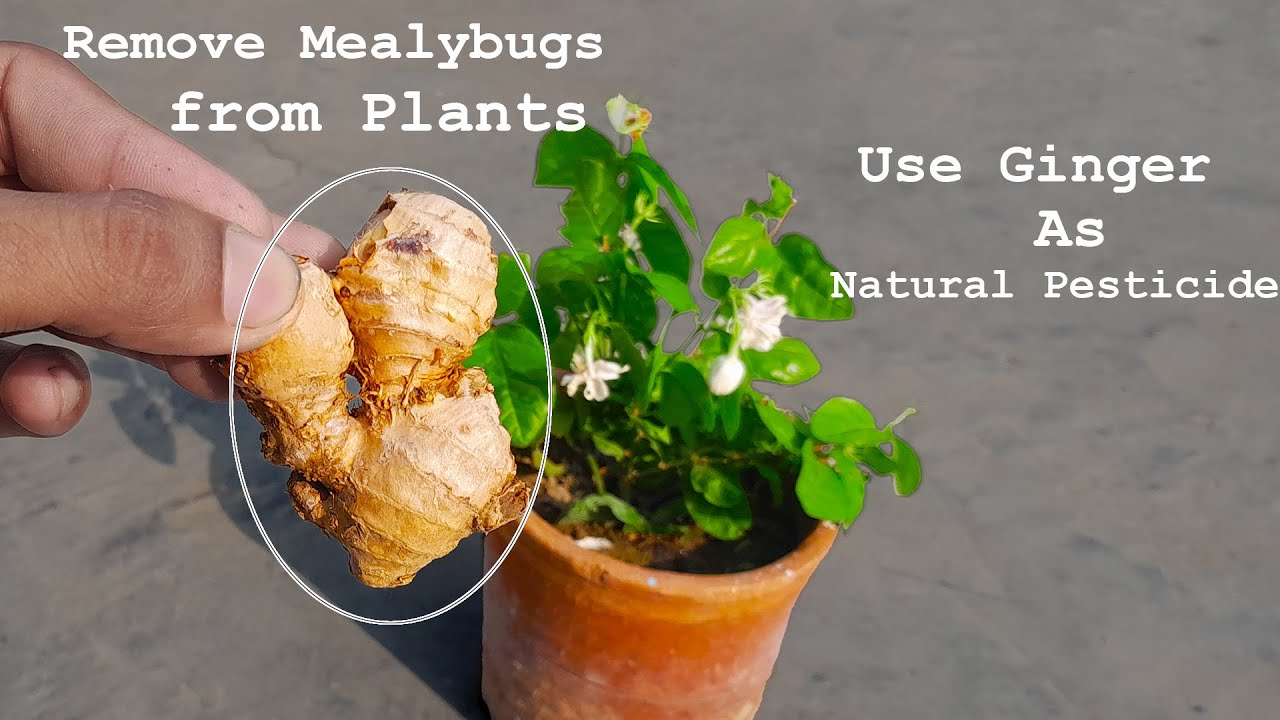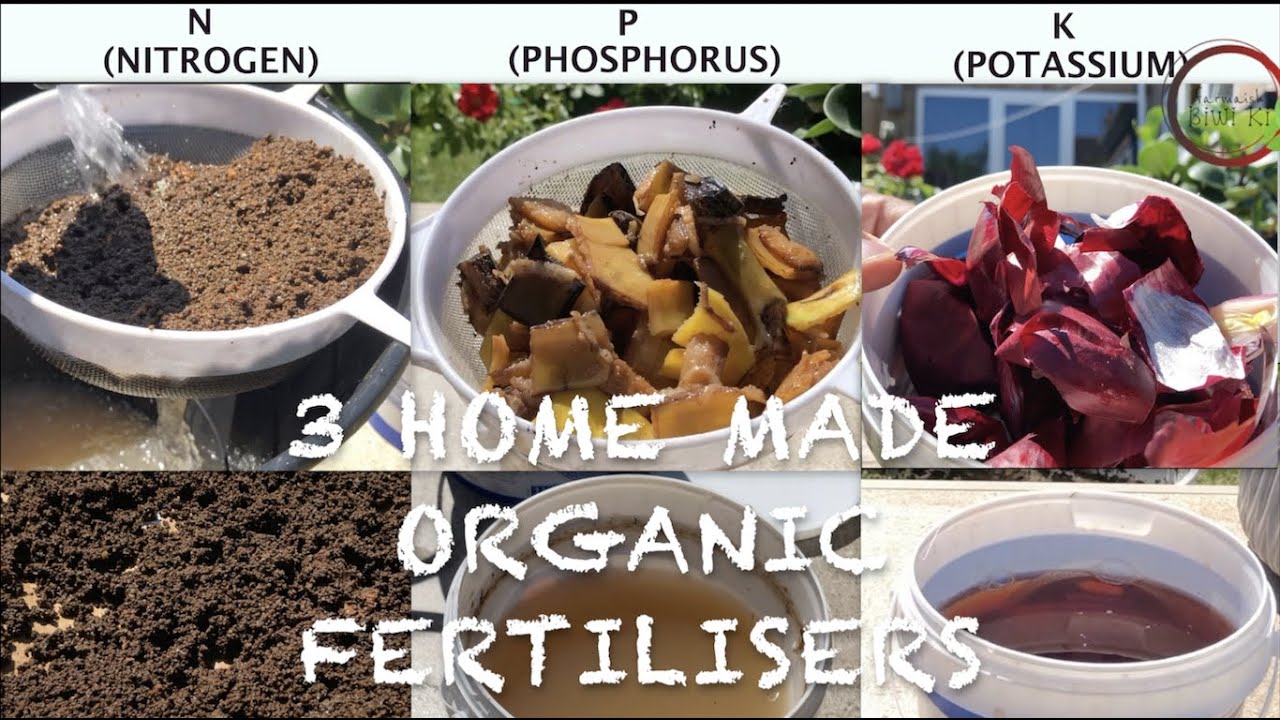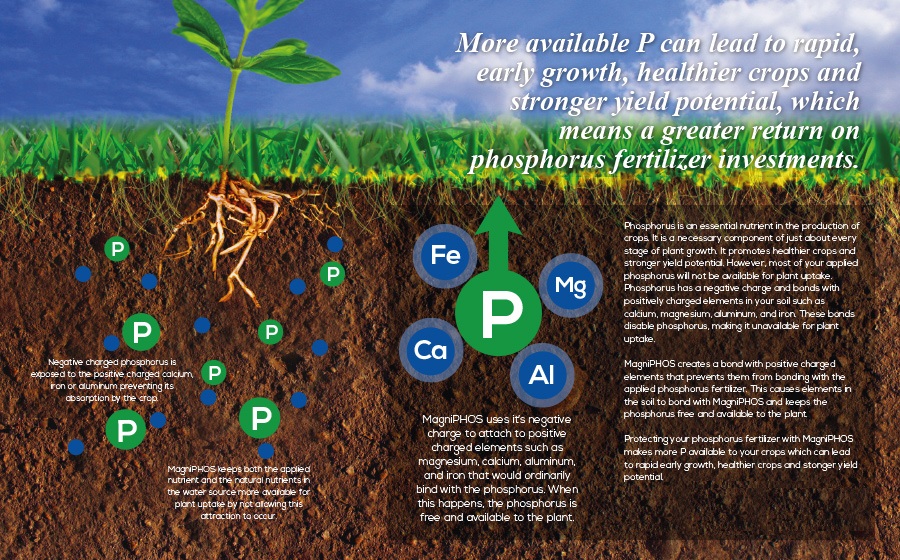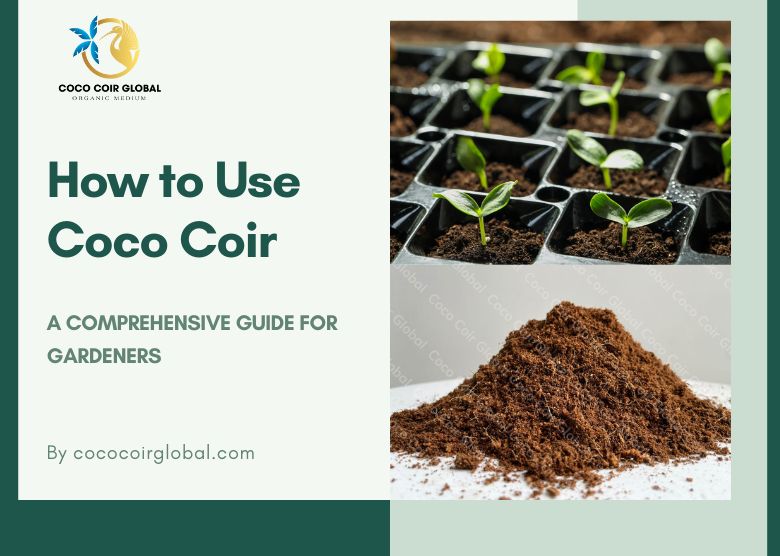How to Naturally Fertilize Your Ginger Plants for a Bountiful Harvest
Ginger is a versatile and delicious spice that can be grown right in your own backyard. To ensure your ginger plants thrive and produce a bountiful harvest, it’s essential to provide them with the right nutrients. While there are plenty of chemical fertilizers on the market, many gardeners prefer to take a more natural approach to fertilizing their plants. In this article, we’ll explore some simple and effective ways to fertilize your ginger plants naturally.
1. Compost
One of the best natural fertilizers for ginger plants is compost. Compost is rich in organic matter and nutrients that will help your ginger plants grow strong and healthy. You can easily make your own compost at home by collecting kitchen scraps, yard waste, and other organic materials in a compost bin. Once the compost is ready, simply mix it into the soil around your ginger plants to provide them with a nutrient-rich boost.
2. Manure
Another excellent natural fertilizer for ginger plants is manure. Whether you use cow, chicken, or horse manure, adding this organic material to your soil will help improve its structure and fertility. Just be sure to let the manure compost for a few months before adding it to your garden to avoid burning your plants with fresh manure. Mix the composted manure into the soil around your ginger plants to give them the nutrients they need to thrive.
3. Mulch
Applying mulch around your ginger plants is another natural way to fertilize them. Mulch helps retain moisture in the soil, suppresses weeds, and adds organic matter as it breaks down. You can use a variety of materials for mulch, such as straw, leaves, grass clippings, or wood chips. Spread a layer of mulch around your ginger plants to help keep the soil moist and provide them with a slow-release source of nutrients.
4. Epsom Salt
Epsom salt is a natural and affordable fertilizer that can benefit your ginger plants. Epsom salt is rich in magnesium, which is essential for plant growth and development. Simply dissolve a tablespoon of Epsom salt in a gallon of water and use it to water your ginger plants once a month. The magnesium in the Epsom salt will help your plants produce more vibrant foliage and bigger, healthier rhizomes.
5. Fish Emulsion
For a quick and easy natural fertilizer, consider using fish emulsion on your ginger plants. Fish emulsion is a liquid fertilizer made from fish waste that is rich in nitrogen and other essential nutrients. Dilute the fish emulsion with water according to the instructions on the label and use it to water your ginger plants every 2-4 weeks. Your plants will love the nutrient boost, and you’ll see them thrive with lush, green foliage.
6. Banana Peels
Don’t toss those banana peels in the trash – they can be a valuable natural fertilizer for your ginger plants. Banana peels are rich in potassium, which is important for root development and overall plant health. Chop up a few banana peels and bury them near your ginger plants to slowly release nutrients into the soil as they break down. Your plants will thank you with strong, healthy growth and abundant harvests.
7. Worm Castings
Worm castings, also known as vermicompost, are a nutrient-rich fertilizer that can work wonders for your ginger plants. Worm castings are produced by earthworms digesting organic matter, resulting in a potent fertilizer that is full of beneficial microbes and nutrients. Simply sprinkle a layer of worm castings around the base of your ginger plants and gently work it into the soil. Your plants will thrive on this natural source of nutrients and beneficial microbes.
Conclusion
By using these natural fertilizers, you can ensure that your ginger plants receive the nutrients they need to grow and thrive. Whether you choose to make your own compost, use manure, or try other natural fertilizers, your plants will thank you with strong, healthy growth and abundant harvests. Give these natural fertilizers a try in your garden this year and watch your ginger plants flourish!



